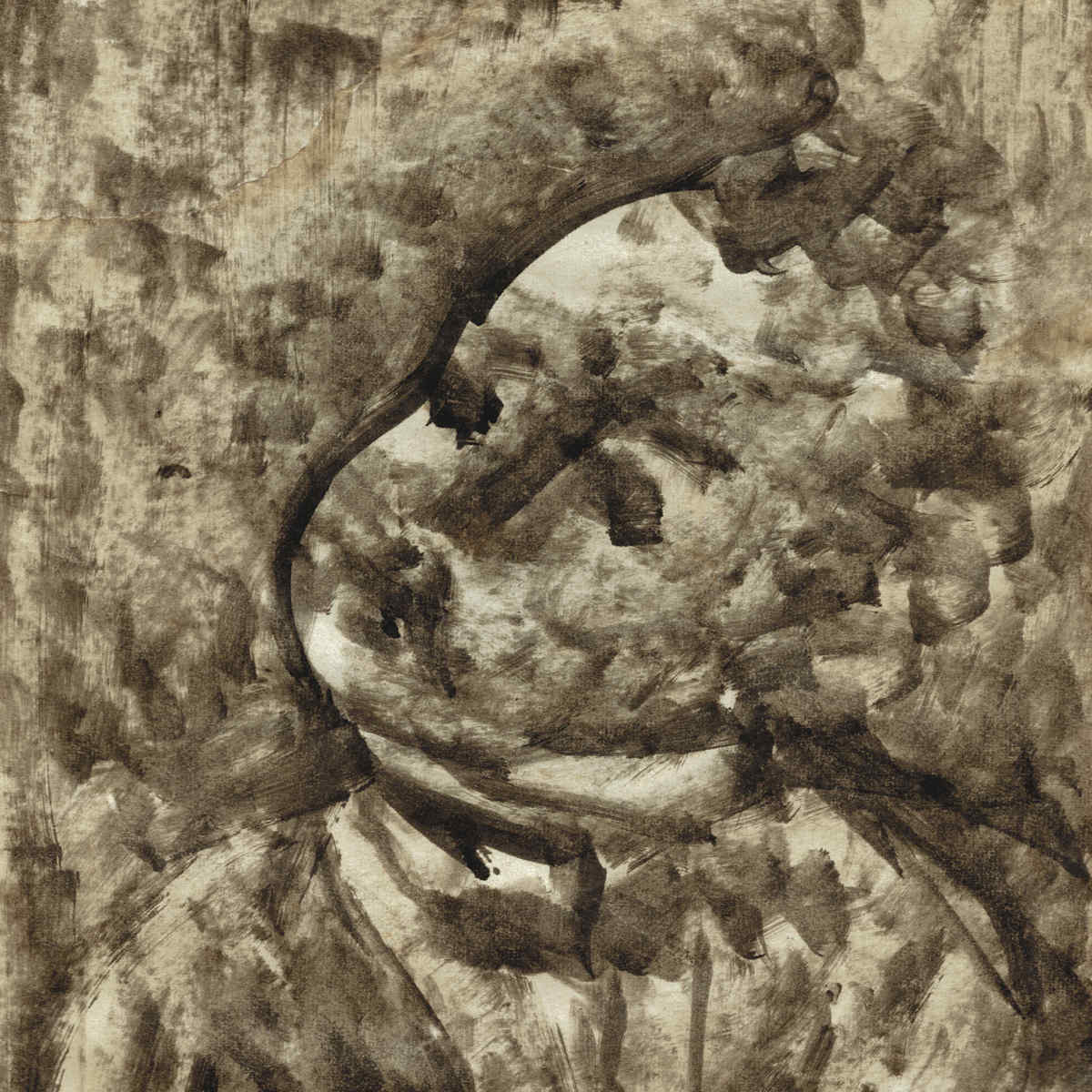UNE PETITE CHOSE FORMIDABLE

I
IMPERFECTION
“Oh, Parkinson, Parkinson!” I cried, patting him affectionately on the head with a mallet, “how far you really are from the pure love of the sport – you who can play. It is only we who play badly who love the Game itself. You love glory; you love applause; you love the earthquake voice of victory; you do not love croquet. You do not love croquet until you love being beaten at croquet. It is we the bunglers who adore the occupation in the abstract. It is we to whom it is art for art’s sake. If we may see the face of Croquet herself (if I may so express myself) we are content to see her face turned upon us in anger. Our play is called amateurish; and we wear proudly the name of amateur, for amateurs is but the French for Lovers. We accept all adventures from our Lady, the most disastrous or the most dreary.
If you could put this blue ball through that distant hoop as easily as you could pick it up with your hand, then you would not put it through that hoop any more than you pick it up with your hand; it would not be worth doing. If you could play unerringly you would not play at all. The moment the game is perfect the game disappears.”
(G. K. Chesterton, Tremendous Trifles, London, Methuen & Co., 1909, “IV. The Perfect Game”.)
II
SUIVRE LES PAS
We follow the feet
Where all souls meet
In the inn at the end of the world.
(G. K. Chesterton, A Child of the Snows, https://www.chesterton.org/a-child-of-the-snows/.)
III
LES BEAUX VISAGES
Nature intended every human face, so long as it was forcible, individual, and expressive, to be regarded as distinct from all others, as a poplar is distinct from an oak, and an apple-tree from a willow. But what the Dutch gardeners did for trees the Greeks did for the human form; they lopped away its living and sprawling features to give it a certain academic shape; they hacked off noses and pared down chins with a ghastly horticultural calm. And they have really succeeded so far as to make us call some of the most powerful and endearing faces ugly, and some of the most silly and repulsive faces beautiful.
In the full summer of technical artistic perfection the revolt was carried to its real consummation in the study of the faces of men. Rembrandt declared the sane and manly gospel that a man was dignified, not when he was like a Greek god, but when he had a strong, square nose like a cudgel, a boldly-blocked head like a helmet, and a jaw like a steel trap.
The moment we have snapped the spell of conventional beauty, there are a million beautiful faces waiting for us everywhere, just as there are a million beautiful spirits.
(G. K. Chesterton, The Defendant, R. Brimley Johnson, London, 1902, 2nd ed., “A Defence of Ugly Things”.)
IV
RÉPÉTITION
For grown-up people are not strong enough to exult in monotony. But perhaps God is strong enough to exult in monotony. It is possible that God says every morning, “Do it again” to the sun; and every evening, “Do it again” to the moon. It may not be automatic necessity that makes all daisies alike; it may be that God makes every daisy separately, but has never got tired of making them. It may be that He has the eternal appetite of infancy; for we have sinned and grown old, and our Father is younger than we. The repetition in Nature may not be a mere recurrence; it may be a theatrical encore.
(G. K. Chesterton, Orthodoxy, The Bodley Head, London, 1908, “The Ethics of Elfland”.)
V
VOIR
The only excuse for the scraps that follow is that they show what can be achieved with a commonplace existence and the sacred spectacles of exaggeration.
In other words, we may, by fixing our attention almost fiercely on the facts actually before us, force them to turn into adventures; force them to give up their meaning and fulfil their mysterious purpose.
The object of my school is to show how many extraordinary things even a lazy and ordinary man may see if he can spur himself to the single activity of seeing.
It is from the valley that things look large; it is from the level that things look high.
Everything is in an attitude of mind; and at this moment I am in a comfortable attitude. I will sit still and let the marvels and the adventures settle on me like flies. There are plenty of them, I assure you. The world will never starve for want of wonders; but only for want of wonder.
(G. K. Chesterton, Tremendous Trifles, London, Methuen & Co., 1909, “I. Tremendous Trifles”.)